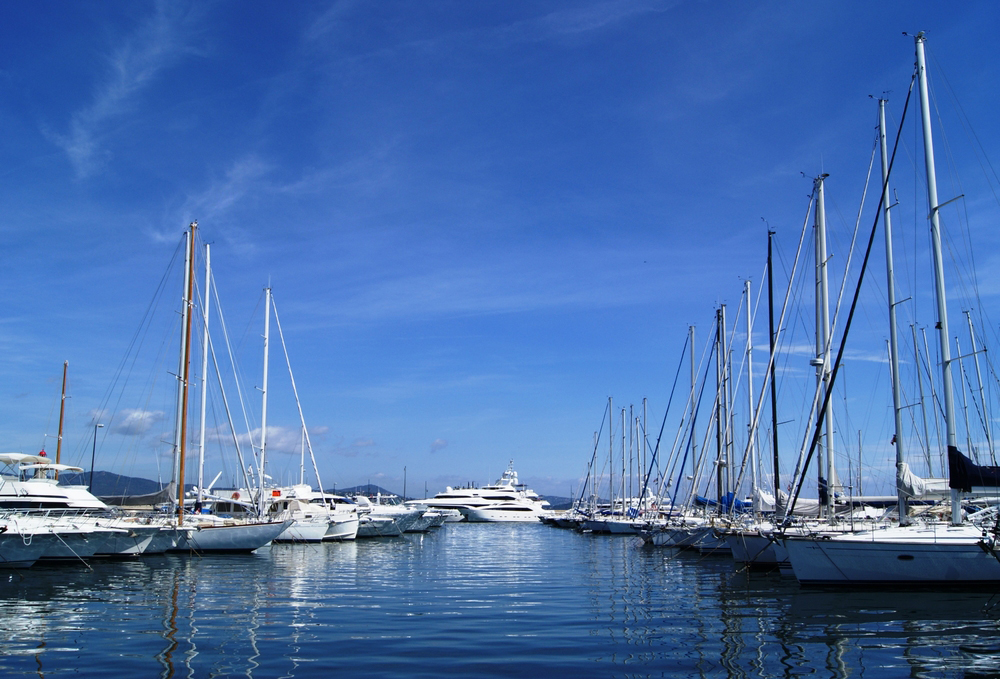Preventing Future Liability in the Marina Industry
Contamination on Marina sites depreciates property values, harms the environment, is costly to remediate and interferes with business operations. The marina industry has a potential to impact on the environment because of its’ waterfront location, activities, the raw materials and chemicals used and the waste generated.
Owners and operators of Marinas, Boatsheds and Slipways depend on clean waterways for people to enjoy their boating and fishing. Preventing contamination is in everyone’s best interest, and many Marina operators are recognising that good environmental practice is a business opportunity.
Meeting Your Legal Obligations
Every state and territory in Australia and regions in New Zealand have environmental legislation covering water, land, air and noise pollution as well as waste management. In some cases, breaking environmental law carries serious penalties. These laws are generally policed by the local Environmental Protection Authority (EPA). If you end up in court, you can face prosecution and penalties even if you accidentally caused damage or pollution.
Everyone involved in your business, from owners, supervisors and operators to contractors and subcontractors, need to be aware of environmental laws that apply to your operations. You are required to minimise the risk of an environmental incident by implementing precautionary and control measures.
Prevention Methods
There are a number of ways marina owners can prevent contamination and any associated liability. Some of these involve basic prevention and due diligence, for example:
- Bund and cover fuel dispensing facilities and regularly inspect and maintain fuel tanks, bowsers, nozzles and hoses to ensure they’re not leaking
- Ensure first flush catchment system is of sufficient capacity and is regularly maintained
- Discourage boat owners from discharging bilge water and encourage them to take steps to avoid polluting waters
- Provide pump out facilities for your customers and encourage their use
- Ensure drains, collection pits, car parks and gardens are all free of litter and debris
- Keep appropriate spill clean-up kits and containment booms on site
- Connect cutting and sanding machines to dust extractors
- Store hazardous materials (e.g. fuels, oils and chemicals) in correctly segregated, bundled and covered areas
- Ensure waste is sent to facilities that can lawfully take them
- Regularly check the integrity of storage tanks and container lids
As discharge levels decrease and environmental standards increase, marinas must use advanced water treatment technologies in order to remain 100 per cent compliant and achieve clean marina accreditation.
Marina Treatment Systems
High quality marina treatment systems effectively capture and remove specific contaminants and pollutants from fluid transport networks associated with boat maintenance facilities (slipways), protecting downstream ecological systems. It prevents heavy metals, hydrocarbons, industrial waste, sediments, litter and any other industry related chemicals from polluting the marina water.
Conventional water treatment systems involved separating water from pollutants then treating them with chemicals. This process posed ongoing pollution risks and future EPA liability. Modern water treatment systems, like OLEOLOGY, are designed smarter, filtering contaminants so the water can be safely reused or reintroduced into the environment.
OLEOLOGY Water Technology
OLEOLOGY offers effective and affordable water treatment solutions across Australia and New Zealand. We help marinas, mining companies, water treatment facilities, oil and gas companies and construction companies lower costs and their carbon footprint while effectively managing oily or polluted water.
Our solution is custom built for your specific industrial water treatment needs and is scalable to meet any flow rate and discharge requirements. With our system, you can expect to:
- Prevent contaminated discharge
- Recycle water used in maintenance operations
- Monitor water quality in real time
- Reduce water use and cost of environmental monitoring, sampling and reporting
- Stay compliant with EPA regulations and eliminate future clean-up and environmental liability
For more information, call us today on 1300 305 723 or contact us online.


